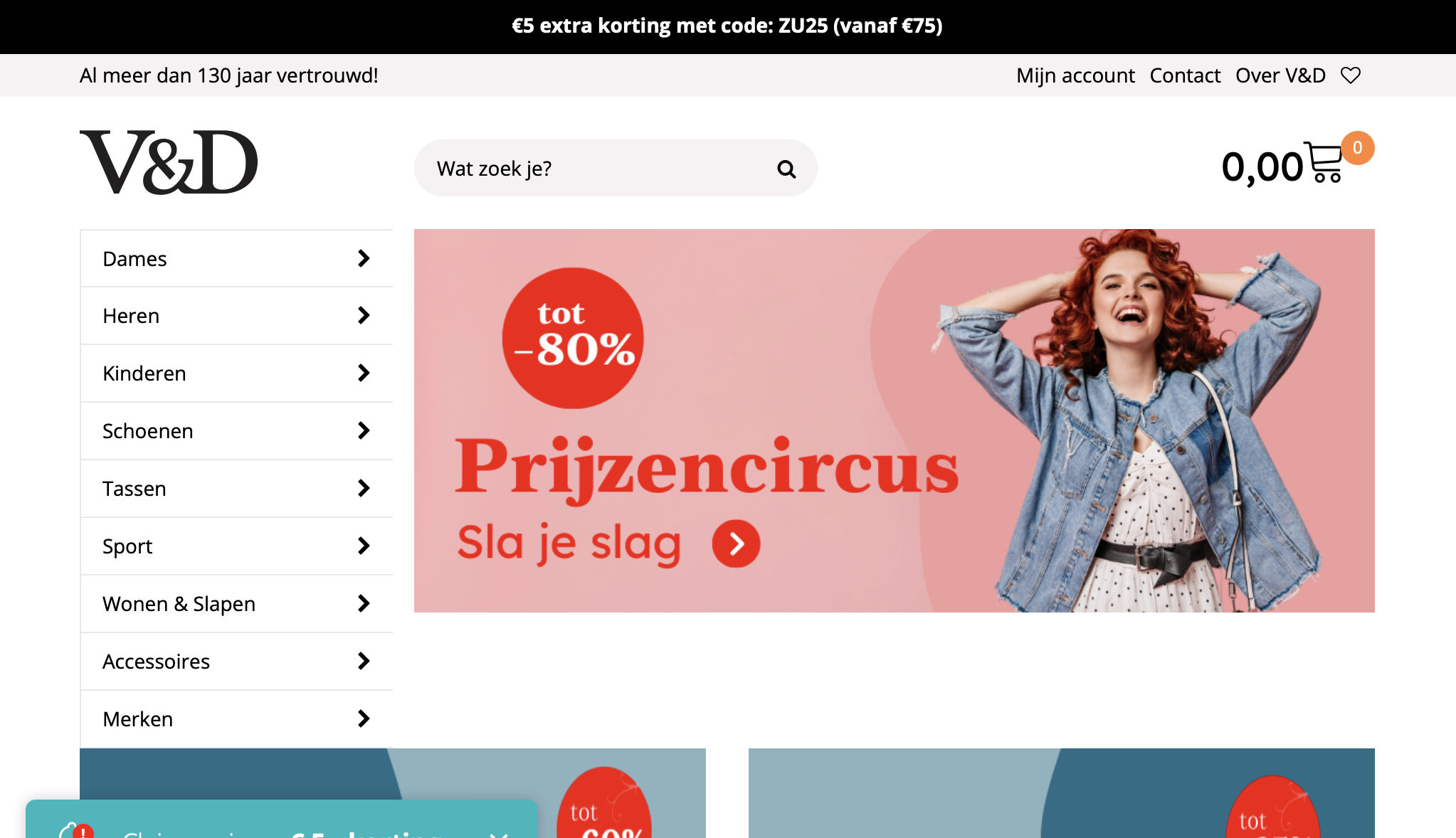Last month, Adamo Dagradi, head of communications and social media at Milkman Deliveries, the delivery and last mile specialist based in Milan and Verona, wrote about some of the challenges facing the sharing economy in Italy. Now he explains how a potential industrial dispute risks throwing old and new into a head-on collision.

Adamo Dagradi, Milkman Deliveries
Something new happened in Italy last week: food delivery startup PizzaBo, which was sold first to Rocket Internet and then to Just Eat, received orders to relocate from its hometown Bologna to Just Eat’s Italian headquarters in Milan.
The problem is 34 of Pizza Bo’s employees have now decided they don’t want to move and have appealed for help from their trade unions. They want to keep their job and to stay put in Bologna. According to reports in the Italian press, a round table between Just Eat’s British executives and the unions will be held next month.
This is the first time a startup’s personnel has embarked on a labour dispute in Italy. It’s also the first time old and new work-philosophies clashed so hard in the Peninsula. Good luck to the Brits in navigating through these murky waters, especially from a PR point of view.
We’re used to thinking about startups in liquid, free-flowing terms: a young environment, where people can work remotely, from home or from a park or whatever. Truth is that people have homes, families, mortgages. In southern Europe, especially, relocating is not yet a cultural habit and work is something you hold on to dearly. And if someone wants to change that, you appeal to the union. Basically turning the clock back a fistful of decades.
Regular employees are the most recent tribe to unionise against a disruptive startup’s decisions. Uber and other crowdsourced giants have already been brought to court, several times, by drivers who want to be considered employees.
A growing sector of the on-demand delivery landscape is made of startups who use crowdsourced workers to guarantee a fast service at reasonable rates, for both the consumer and the provider. This system is one of the few factors preventing the on-demand bubble from bursting instead it seems to be gently deflating, going backwards towards safer and more entrenched positions.
Legions of Uber for X drivers and delivery people are presented to the world as a bunch of happy chaps and chapettes who work just as much they want to and make up their wages with some extra pocket money. Or maybe they’re students who don’t really need a full salary.
The truth, sadly, is that for every happy uberite there’s someone who can’t find another job and has to sustain himself/herself with whatever they can earn through the digital platform. Of course it’s not just about low wages and irregular schedules. It’s about having no insurance, no retirement fund, and so on.
What do you do before drowning? You hang on to your rights.
Rights that shouldn’t be so easily disrupted.
Startups have to learn to live with it, because the union’s shadow will keep on growing, and as more people become involved – whether directly or indirectly – with the sharing economy, the more these issues will start to materialise.








